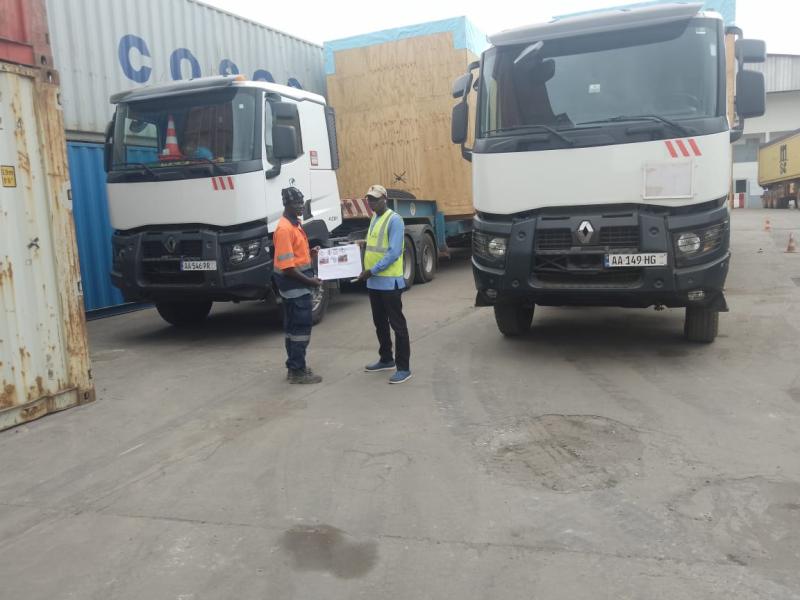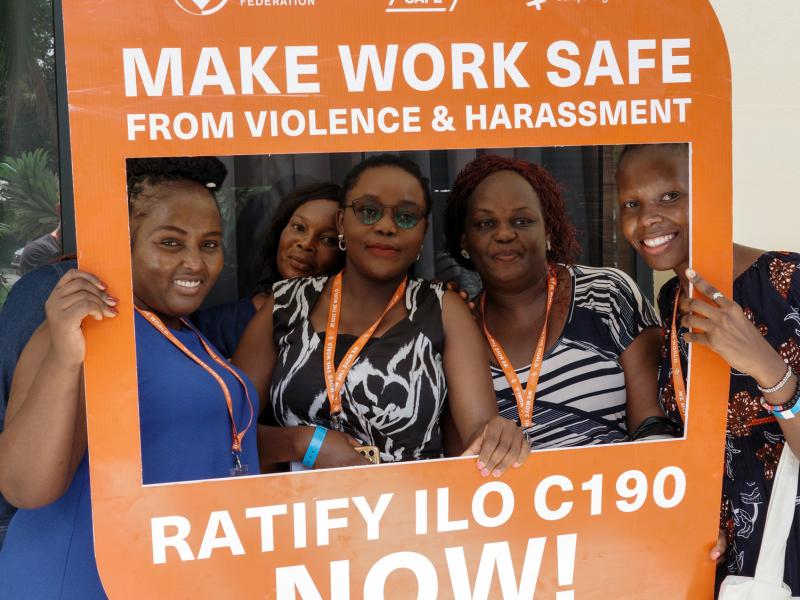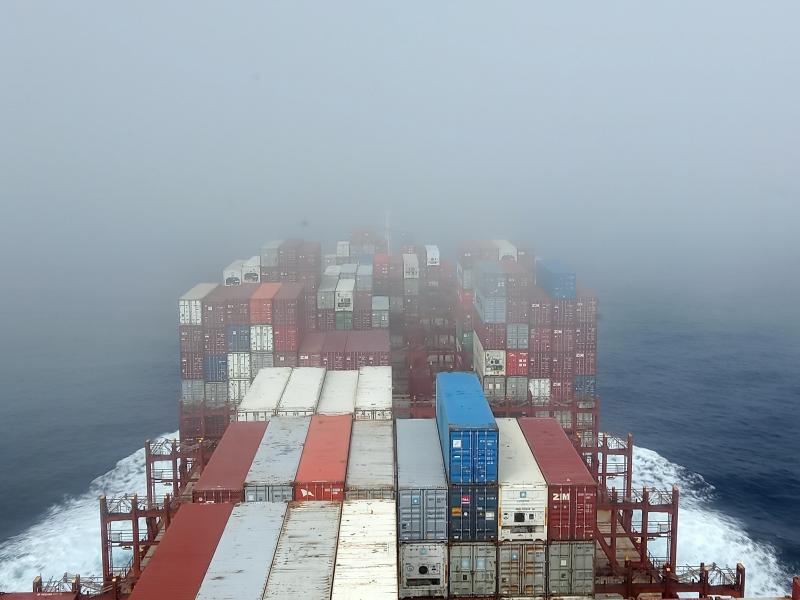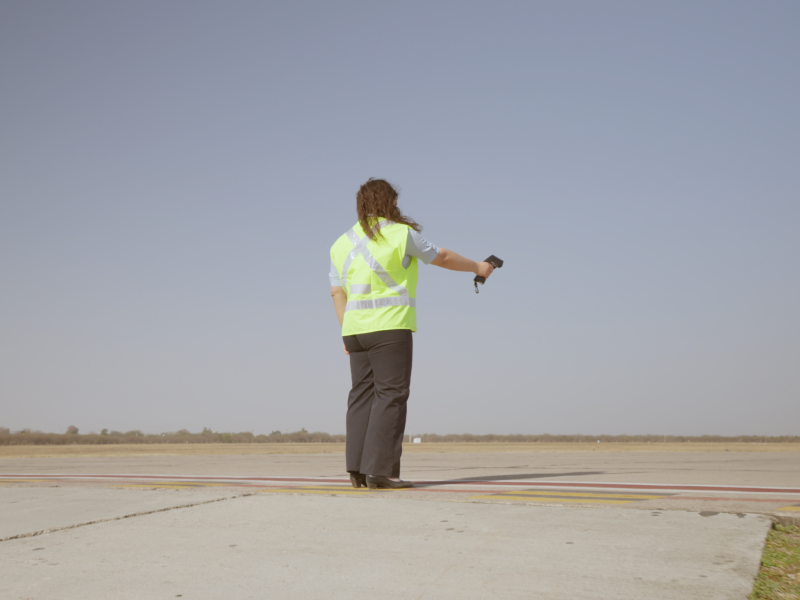In a world marked by war, climate disaster, inequality and mass displacement, modern slavery and human trafficking are surging. And too often, it’s transport workers — especially migrants — who are paying the price.
That’s why the International Transport Workers’ Federation (ITF) is leading the charge for change.
As highlighted in the final report of the Global Commission on Modern Slavery and Human Trafficking: No country is immune — the ITF is playing a critical role in exposing abuse and driving real accountability through mandatory human rights due diligence (HRDD).
From the fishing ports of Southeast Asia to the highways of Latin America, the ITF and our affiliates are identifying cases of forced labour, supporting survivors, and campaigning to end the systemic conditions that allow modern slavery to persist and spread.
A blueprint for action
The report underscores the critical role of unions in delivering effective human rights due diligence — not as bystanders, but as central actors in the identification, prevention, mitigation and remediation of abuses.
“Trade unions have an important role to play in securing worker rights and preventing exploitation,” it states. “Another example of worker involvement relates to engaging trade unions as key partners in human rights due diligence progress and monitoring.”
It highlights how the ITF is working in partnership with UK apparel brand New Look to improve due diligence in its transport supply chain. According to the report and the memorandum of understanding signed by ITF and New Look:
“New Look will carry out human rights due diligence in its transport supply chain, in full consultation with the ITF in its directly operated and sub-contracted transport operations. New Look has also committed to provide for or cooperate in remediation, when appropriate, through collective bargaining with the ITF and/or the respective affiliated trade unions in their areas of jurisdiction.” (p. 73)
This case demonstrates what meaningful due diligence looks like in practice: engaging with unions, being transparent and committing to collective solutions. And it sets a template for what we want to see mandated by law across all companies in all transport sectors.
For companies looking to understand how to implement effective HRDD in the maritime sector, the ITF Maritime HRDD guidance offers practical steps and a worker-centred framework for action — alongside the ‘In Practice’ guidance, which shows cargo owners.
The ITF welcomes all companies willing to work with us on HRDD to eradicate human trafficking, forced labour and all human and labour rights abuses.
Putting migrant workers at the centre
The report also emphasises that migrant workers are especially vulnerable to forced labour and trafficking. Migrant workers face barriers to remedy and redress, especially when they are in informal or subcontracted roles, and are often excluded from labour protections.
That’s why the ITF continues to prioritise migrant worker justice — pushing for equal treatment, wage justice and worker-driven solutions that break down systemic exploitation in the transport sector.
The way forward: solidarity and enforcement
The Global Commission’s final message is clear: modern slavery is not inevitable. It is enabled by weak regulation, corporate inaction, exclusion of unions and the silencing of workers’ voices. The ITF is committed to turning that around.
We’re calling for:
- Mandatory human rights due diligence laws that cover all transport sectors and include union engagement, strong enforcement and remedy.
- The right to organise and bargain for all transport workers, regardless of migration status.
- Global cooperation to ensure that transport supply chains — from ship to shore — are free from human trafficking, forced labour and all human and labour rights abuses.
No country is immune. And no worker should be victim to modern slavery and human trafficking.







